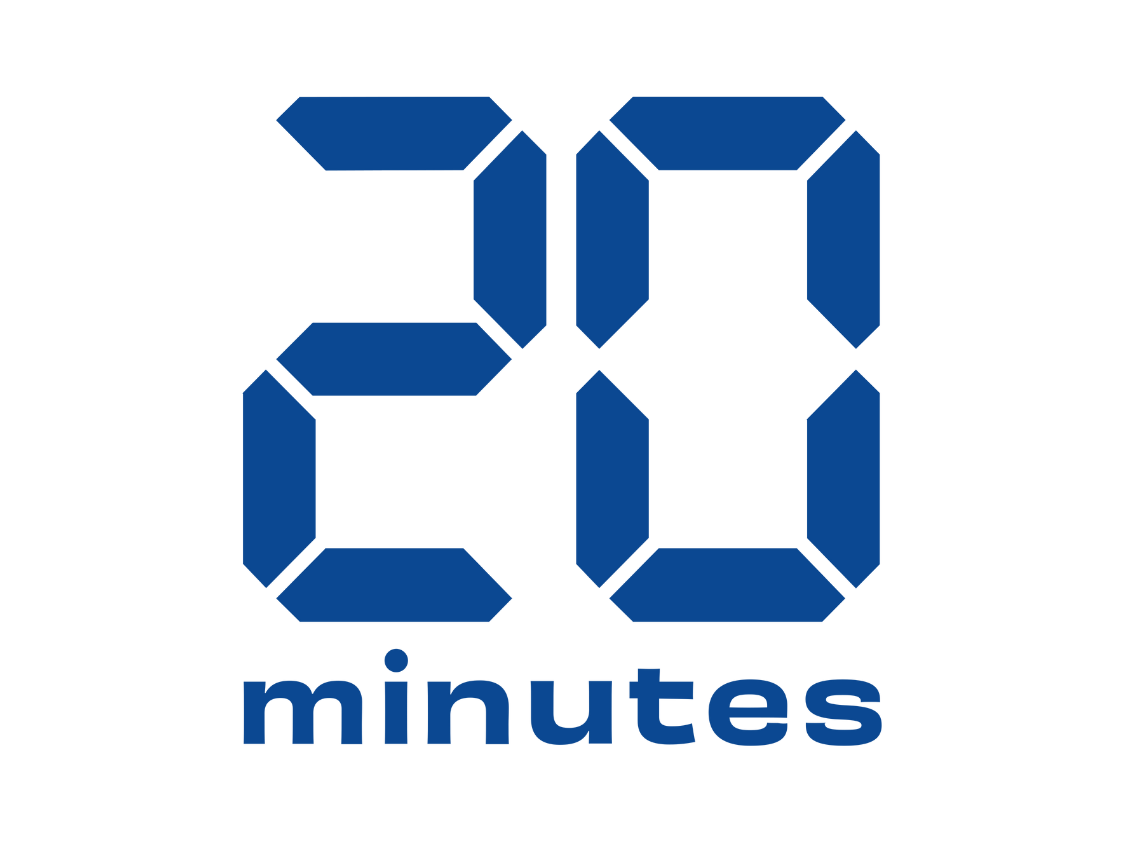Social networks, blogs or forums focused on nutrition , there is no shortage of weight loss advice on the Internet.
While some weight loss tips are helpful, others are ineffective, misleading, or downright harmful.
Here are 8 weight loss tips you should completely ignore:
1. Always eat breakfast, even if you're not hungry
You may have heard that eating breakfast is important to boost your metabolism after sleeping through the night.
Thus, many people force themselves to eat in the morning, even if they are not hungry. However, eating breakfast is not necessarily beneficial for weight loss .
In fact, studies have shown that eating or skip breakfast has very little effect on weight and skipping may even cause weight loss slightly more important .
In one study, people who skipped breakfast ended up eating 144 more calories at lunch than people who ate a meal in the morning. However, at the end of the day, their total calorie intake was still 408 calories lower .
Skipping breakfast is a form of intermittent fasting that some people find helpful for weight loss . Intermittent fasting may also have health benefits.
The idea that breakfast is important for weight control may in part be due to a survey of members of the National Weight Control Registry who had lost weight and kept it off for at least 5 years. Most of these people reported eating breakfast regularly .
However, everyone is different and some people benefit more from breakfast than others. The current thinking is that if you're not hungry in the morning, there's no reason to eat breakfast.
If you are hungry, be sure to grab a high protein breakfast in order to be more satisfied and less likely to overeat at lunch .
2. Don't weigh yourself every day
Your weight can vary from day to day in response to several factors.
For this reason, many sources say that you should avoid weighing yourself every day when trying to lose weight .
Although it seems logical, the reverse may be true .
In a 6-month study of people who were overweight or obese, people who climbed the scale each day ate fewer calories and lost 6.6% of their body weight, on average, compared to people in the control group. who had lost less than 1% of their body weight .
In another study, researchers who examined the weighing habits of 40 overweight people found that those who took breaks longer than a month had a greater risk of weight gain .
Weighing yourself frequently can hold you accountable and confirm that your weight is going in the right direction.
Some studies have indicated that daily weighing does not appear to lead to eating disorders or negative psychological effects, such as poor body image .
However, for some people, checking the scales frequently can become a source of anxiety. If you think it's not good for your psychological health, it's best to avoid this strategy.
It is important to keep in mind that your weight can fluctuate daily. Hormonal changes, fluid balance, and stool frequency can affect weight. These changes do not reflect fat loss or gain.
3. "DETOX" drinks
Detox drinks are very popular.
Proponents claim that you can lose up to 4.5 kg in a week and rid your body of toxins.
However, there is very little research showing that body cleanses from its drinks are safe or effective .
In one study, women drank a mixture of lemon juice and syrup with less than 500 calories for 7 days. They lost weight and reduced insulin resistance .
Any diet this low in calories will cause weight loss , but is unlikely to produce lasting results.
A major problem is that a cleanse doesn't establish the kind of healthy eating habits needed to sustain weight loss over time.
Additionally, these juices tend to be high in sugar but high in protein, which is a bad combination for appetite control and health .
Regarding the detoxification , your liver and other organs perform this function on a daily basis. There is no need for "cleaning" .
4. Do not lose weight quickly
The conventional advice is to lose weight slowly so you have a better chance of keeping your weight down.
While it's certainly fine to lose weight slowly, the latest research indicates that losing weight faster at first does not increase the risk of regaining the weight. In fact, losing weight quickly appears to be beneficial for long-term weight loss .
A study found that people who lost weight rapidly in the first month were five times more likely to have lost 10% of their body weight in 18 months, compared to those who started losing weight more slowly .
However, some weight loss methods are better than others. Reducing calories to extremely low levels can lead to rapid weight loss at first, but is unlikely to be sustainable without dietary rebalancing .
5. Focus on cardio workouts
Cardiovascular exercise , also called exercise cardio or aerobics, lowers your stress levels and benefits your heart and overall health .
However, cardio is not the best exercise strategy for weight loss .
The weight loss response to cardiovascular exercise is highly individual dependent. Some people lose weight in response to cardio, while others maintain or gain light weight .
The best strategy for getting in shape and maintaining muscle mass while losing weight is to combine strength training with cardio .
6. Minimize foods high in natural fats
Despite popular opinion, not all fats are unhealthy, and avoiding all fatty foods won't necessarily help you lose weight .
Fats have twice as many calories as protein or carbohydrates, but they are also very filling and take a long time to digest.
The diets standard Low-fat, in which fat makes up less than 30% of all calories, generally has a worse track record than other diets, such as low-carb diets, for weight loss .
In fact, foods that are naturally high in fat, including avocados, nuts, and coconut, can help with weight loss .
High-fat dairy products contain a fat called conjugated linoleic acid (CLA), which research has linked to decreased body fat and increased insulin sensitivity .
On the other hand, eating or drinking fat-free or low-fat products in an attempt to cut calories could backfire, as many of these products are loaded with refined sugar.
Although eating foods naturally high in healthy fats may work in your favor, there is no point putting a lot of added fat on your food. Adding too much fat can increase calories to the point where you won't lose weight.
That said, ultra-low-fat diets, in which fat makes up less than 10% of calories, may have some benefits for weight loss.
7. Eat every 2-3 hours
You may have heard that it's best to eat many small meals throughout the day to keep your metabolism going. this is a myth.
In one small study, researchers gave two groups the same number of calories in two large meals or split between seven small meals. They found no difference in calories burned between the two groups .
Controlled studies have shown that eating many small meals does not lead to greater weight loss than eating three or fewer meals a day .
Additionally, research has linked frequent meals after weight loss surgery to reduced weight loss 6 months after the procedure .
The main problem with snacking or eating many small meals is that you often end up consuming more calories than your body needs.
Find out about healthy snack options for weight loss .
8. Focus only on calorie intake
While people need to create a calorie deficit to lose weight , calorie intake is only one part of the story .
the kind of food you eat has a huge effect on hunger, appetite and the hormones that control weight. These factors can affect your ability to achieve a calorie deficit.
For example, eating a 100 calorie packet of pretzels is not the same as eating 100 calories of fruit. Pretzels are made with refined carbs, which can raise blood sugar levels, induce hunger, and lead to overeating .
In contrast, getting the same amount of calories from high-protein foods results in hormonal changes that lead to increased satiety and decreased hunger .
Additionally, protein has a higher thermic effect than carbs or fat, which means it burns more calories during and after digestion .
Studies have shown that calorie intake naturally decreases when you restrict carbohydrates, and that weight loss is greater on low-carb diets than on low-fat diets .
Finally, even if the calories were the only thing that mattered, it's very difficult to accurately gauge how much you're eating. One study found that obese people underestimated their actual food intake by an average of 47% .
Also, calorie counts in processed foods are often inaccurate .
The essential
Although everyone is unique and there are differences between individuals, some weight loss recommendations simply don't work for most people.















